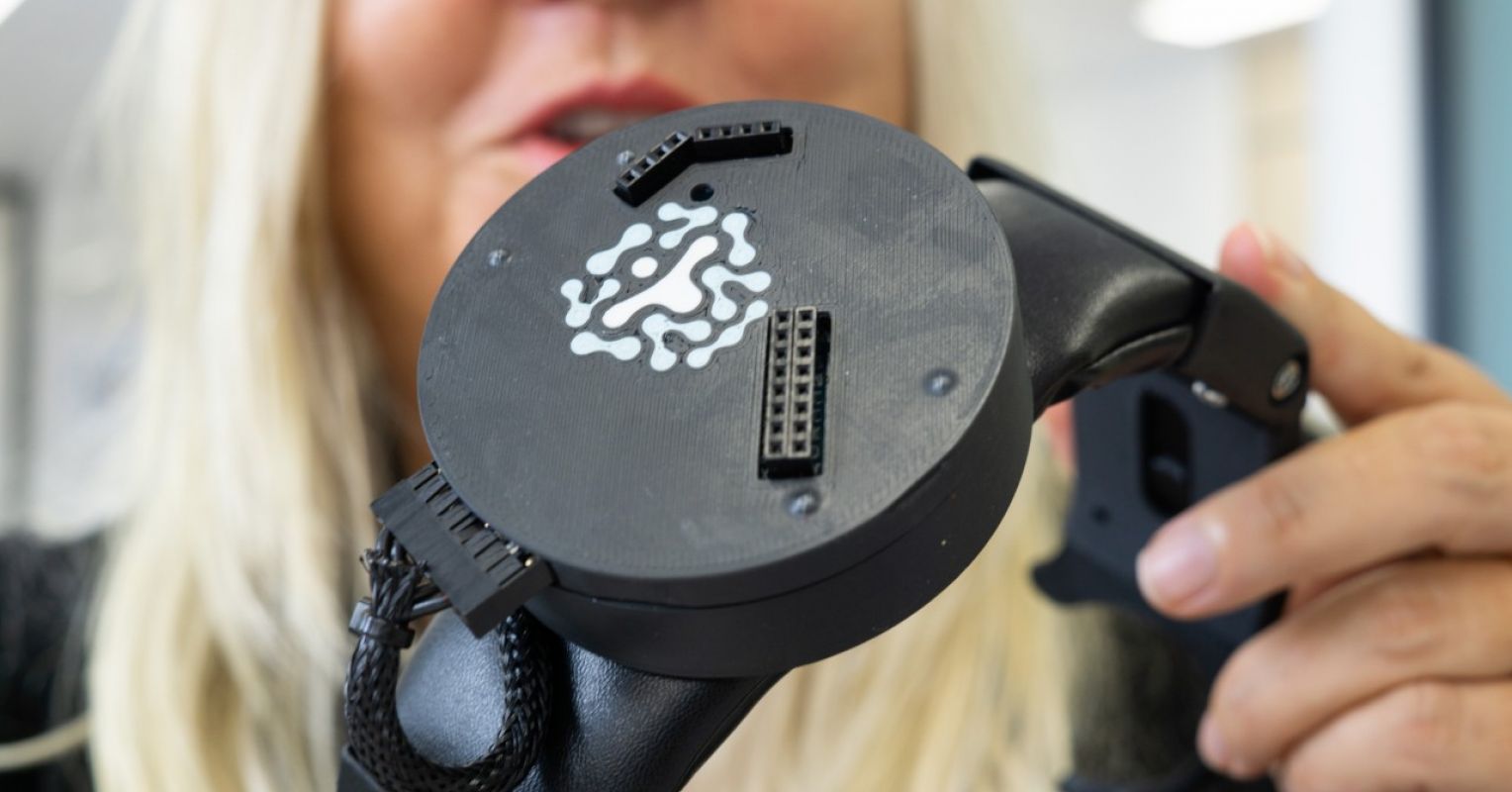
"The term gamification, which means applying game design principles in other contexts, became a buzzword about 15 years ago, mainly driven by companies offering to gamify business processes. The approach aims to leverage game mechanics to increase engagement and motivation ("Get on the leader board!" "Gain power-ups!" "Level up your character!"), so it naturally became popular in education. Multiple studies show that incorporating game elements into learning tasks can boost results."
"The idea snowballed, as shown by the number of conferences dedicated to these ideas. It is now also used in medicine, usually to boost treatment compliance. But the potential of games for science doesn't stop at gamification. The therapeutic potential of different kinds of games is being explored in areas ranging from mental health to stroke. In fact, the number of ways in which scientists are exploiting various aspects of games today has exploded. It's happening in increasingly diverse fields, in wildly differing ways."
"An interactive game that trains people to alter brainwaves associated with chronic nerve pain, using neurofeedback, has shown promise in a trial published in June. Neurofeedback is a therapeutic technique that measures brainwaves and provides real-time visual or audio feedback to enable users to learn to control their own brain activity. The researchers' previous work suggested that changes in brain activity in the thalamus linked to chronic nerve pain interfere with communication between the thalamus and other regions, especially the somatosensory cortex, which registers pain."
Gamification applies game design principles to non-game contexts and rose to prominence about 15 years ago as companies offered gamified business solutions. Game mechanics aim to boost engagement and motivation, leading to widespread adoption in education where studies show improved learning outcomes. Gamification has extended into medicine to improve treatment compliance, and different kinds of games are being explored for therapeutic use in mental health, stroke, and other conditions. Scientists now exploit many aspects of games across diverse fields. An interactive neurofeedback game called PainWaive trains users to alter brainwaves linked to chronic nerve pain using a bespoke headset and tablet app, and researchers tracked four participants with corneal neuropathic pain.
Read at Psychology Today
Unable to calculate read time
Collection
[
|
...
]